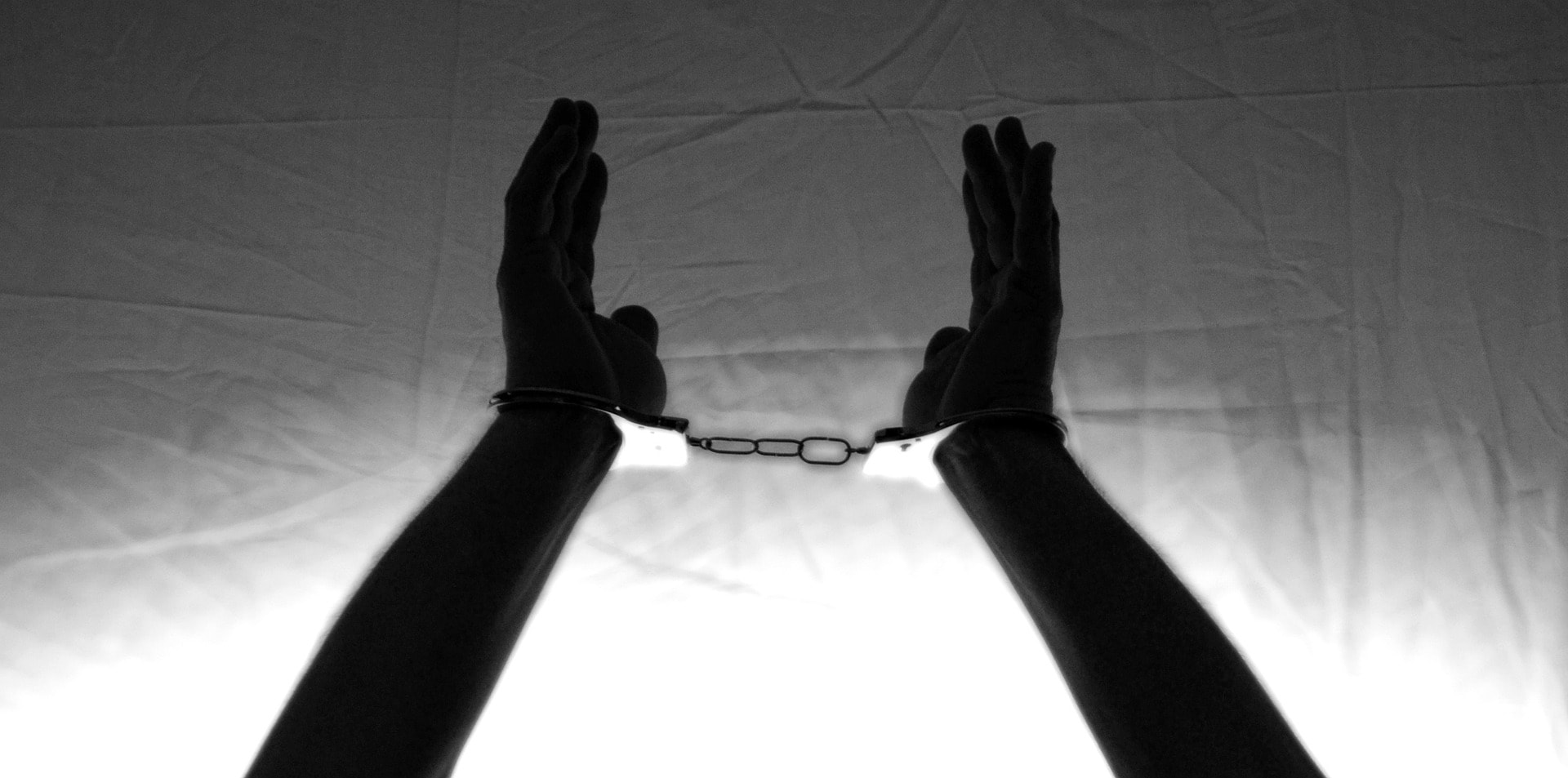
So, you’ve taken someone to court and you’ve won! The other guy has to pay you the money you knew was rightfully owed to you. But there’s a problem. That other guy can’t pay. While you were focused on winning the case, the other guy was selling his assets so that when you came knocking, the house was empty.
Freezing orders (also known as Mareva orders) are orders that are made by a Court to avoid this very situation.
Freezing orders do what they sound like they do – they freeze assets. This means that they can restrict a person from dealing with their assets, shifting them to other countries or diminishing their value. The orders can even extend to assets held outside of Australia.
But, the purpose of this order is not to leave the other party destitute. Provisions can be made to allow the other party to pay certain amounts for their living and legal expenses and to continue to operate their business.
Importantly the extraordinary nature of this remedy should be kept in mind. Generally a party must first obtain judgement and then enforce it. Freezing orders do the opposite – they essentially ‘enforce‘ judgement before it is even ordered. Accordingly a party will need to establish that they actually have a ‘good arguable case’ against the other such that success (and an eventual judgement order) is not “barely capable of serious argument”.[1] It is also not enough that a party is worried the assets will be dissipated and wants to ‘hedge their bets’ by securing their interests early. Courts will require “solid evidence” that the risk of dissipation of the assets actually exists.[2]
In any case, the Courts continue to retain their discretion to award or reject an application for a freezing order, even where it is otherwise satisfied that both of the limbs are made out. So parties should ensure that they can and do justify why the Court should be willing to order such an extraordinary remedy in their case.
If you believe a freezing order may be necessary in your case, or if you have had a freezing order made against you, contact one of our experienced team members.
[1] Ninemia Maritime Corporation v Trave Schiffahrtsgesellschaft mbH & Co KG [1984] 1 All ER 398, 404.
[2] Ibid 406.
Recent Articles
News Categories





